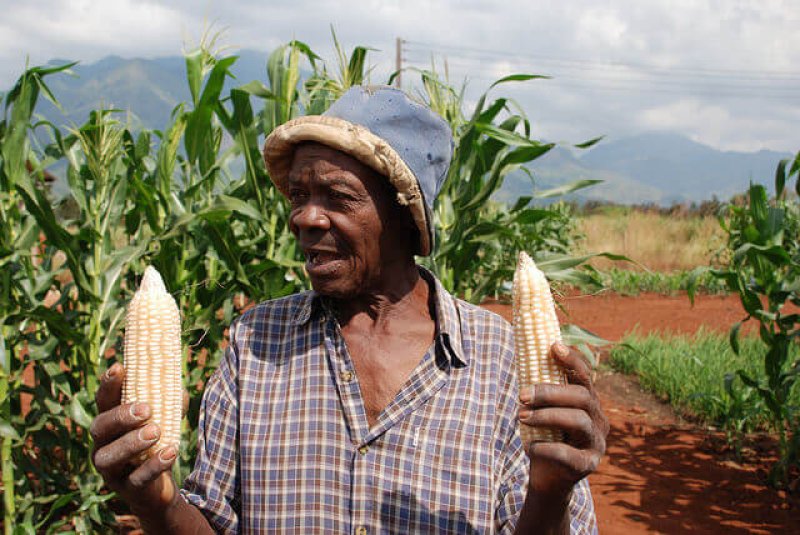The application of GM technology is hailed as a major success in countries such as Argentina, Brazil, China, India, the United States and South Africa where the technology has been embraced for over 20 years with immense benefits to farmers.
However, there are persistent concerns about the safety of GM products for human health and the environment, necessitating the need for their strict regulation in some parts of the world such as some countries in Europe.
To exploit the benefits of GM crops while safeguarding the potential risks on human health and the environment, most African countries have signed and ratified the international legislation governing safety of biotech products — the Cartagena Protocol on Biosafety.
Consequently, these countries are required to develop national biosafety regulatory systems by taking appropriate legal, administrative and other measures.
Several other African countries exercise a precautionary approach to the regulation of GM technology. These include Kenya, Nigeria, Uganda, Ghana and Malawi, which have permitted field trials of GM crops albeit in a highly cautious manner. While these countries believe that this approach fairly addresses the risk considerations associated with the technology, undue precaution in regulating GM crops has in some instances turned out to be the Achilles’ heel that has hampered progress of biotech adoption.
Read the original post































